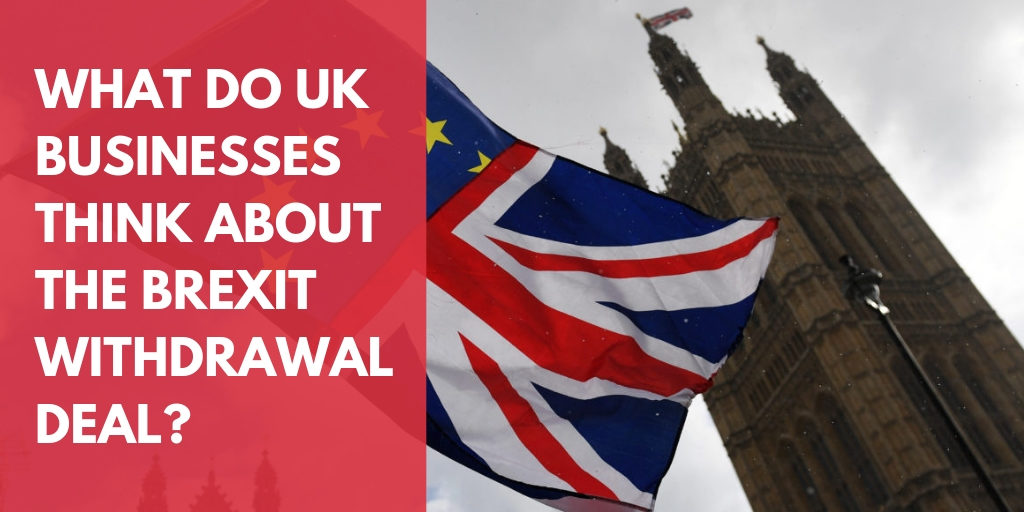
Brexit has dominated conversations in the UK over the past 31 months and has even split families along generational lines with older people generally more eager to leave the EU. Raised in aunited Europe with free movement of workers and trade has made younger people angered by what they feel as this betrayal of them and their future.
With the notable exception of the construction industry, UK business leaders voted in favour of staying within the European Union in the June 2015 referendum. Recent survey resultsreleased by YouGov reveal that 57% of people in senior manager roles voted ‘Remain’ compared to 41% in the construction industry.
Questioned nearly 3 years later, those members of the business community polled believe that the most favourable outcome for the UK would be a second referendum to reverse the original ‘Leave’ vote. As this possibility grows more and more unlikely with the March 29th deadline rapidly approaching, they voted that the second most favourable outcome for the country was a ‘Norway Plus’ deal to be implemented. This solution would still mean that the UK left the EU, but it would stay in the single market and keep the custom union with the other member states.
The business representatives questioned said that the most unfavourable outcomes would be the approval of the present draft deal (originally presented on 15thJanuary 2019) and the UK’s departure from the EU without any deal at all.
Despite their belief that a referendum would be best for the country, British business representatives on the whole feel that the most likely outcome will be the withdrawal of the UK without a deal.
As far as preparations for the UK’s withdrawal is concerned, 2 in 3 business people (66%) believe that they weren’t adequately consulted by the government on the Brexit strategy and how it would impact industries. The only sector which differed was financial services. 40% of its representatives said they were adequately consulted compared to 23% across all other industries.
The results of this survey have been supported by separate research carried out by the BCC (British Chamber of Commerce) six months before the vote on the draft withdrawal agreement. In their survey, it found two-thirds of businesses were not prepared for the repercussions of withdrawing from the European Union and reported increased levels of insecurity and lack of confidence about what might happen.
One fifth of businesses questioned (21%) said that they would cut business investments if the government went ahead with a no deal while another fifth said they would move part, or all, of their business to another EU country. Finally, 18% said that they would cut recruitment if a no deal were to occur. None of these outcomes would be reassuring for the business sector, employment levels nor for the stability of the UK economy. Read more about this and other issues related to everything about money on the Family Money website.